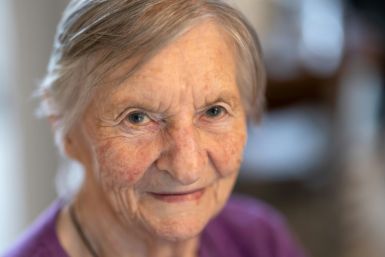Oversleeping Linked to Greater Stroke Risk

Prolonged sleep in older people may increase the risk of a stroke. For the first time, scientists at the Department of Public Health and Primary Care at the University of Cambridge were able to conduct an analysis on the correlation of sleep duration and stroke risk in the aging population.
An observation on 9,692 people with ages ranging from 42-81 years was used for this research. The participants are part of a longitudinal study by the European Prospective Investigation into Cancer (EPIC) in Norfolk. They reported the average sleep time they had in a day from 1998-2000 and from 2002-2004. Nearly 70 percent of the participants slept an average of 6-8 hours a day while 10 percent slept over 8 hours a day. Those who slept less than 6 hours or overslept were mostly older participants, those with reduced activity, and women.
After the 9.5-year study, 3.5 percent of the participants suffered a stroke. Findings show that the individuals who had longer sleep time were 46 percent more likely to suffer a stroke. The risk is four times higher among participants who from short sleep duration increased their sleep time over eight hours after four years. There was also an 18 percent increased risk in the group who sleep less than six hours, but this figure was considered negligible because of the small number of participants belonging to this group. Prior studies have considered sleep debts as a trigger to greater stroke risk and hypertension because it increases levels of stress hormone and alters metabolism.
To substantiate the results of the EPIC-Norfolk cohort study, the research team reviewed 11 related studies involving a total of 560,000 participants from seven countries. Information from these research validate the association of prolonged sleep to increased stroke risk. However, the findings do not suggest whether long sleep duration is a cause or an indication of a cardiovascular problem. Kat-Tee Khaw, the study’s senior author, said that further study has to be done to understand this correlation fully and to determine whether oversleeping is an early symptom of stroke risk. The study, which was published Feb. 25 online in the journal Neurology, is in cooperation with Cancer Research UK and the Medical Research Council.
To contact the writer, email: jm_panganiban@hotmail.com






